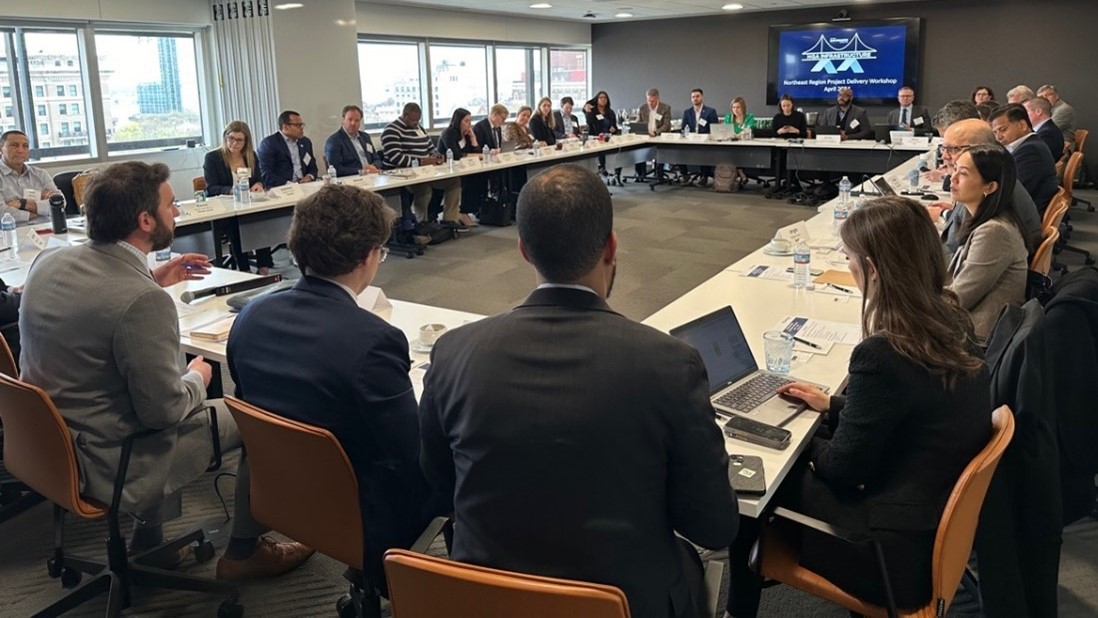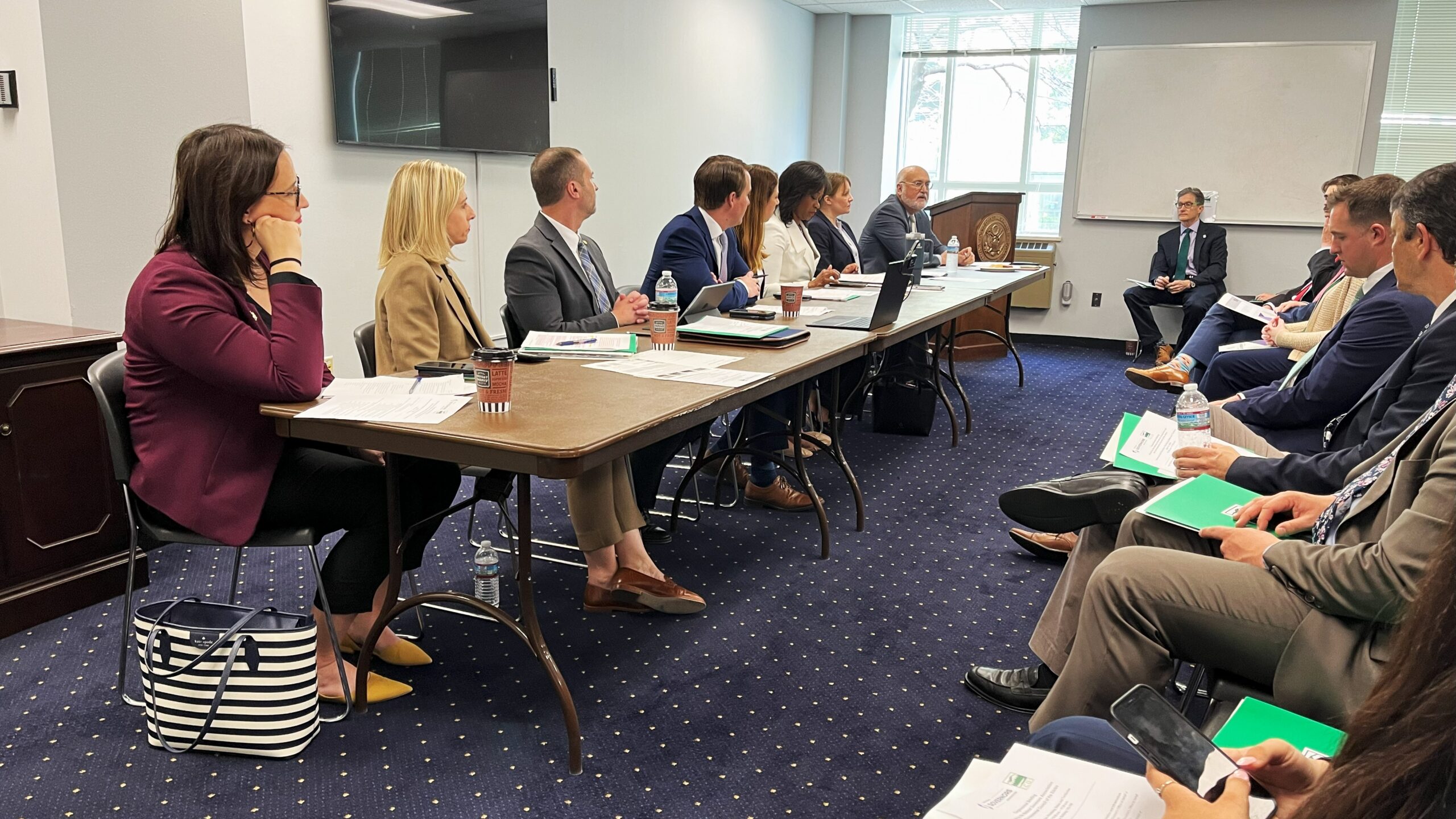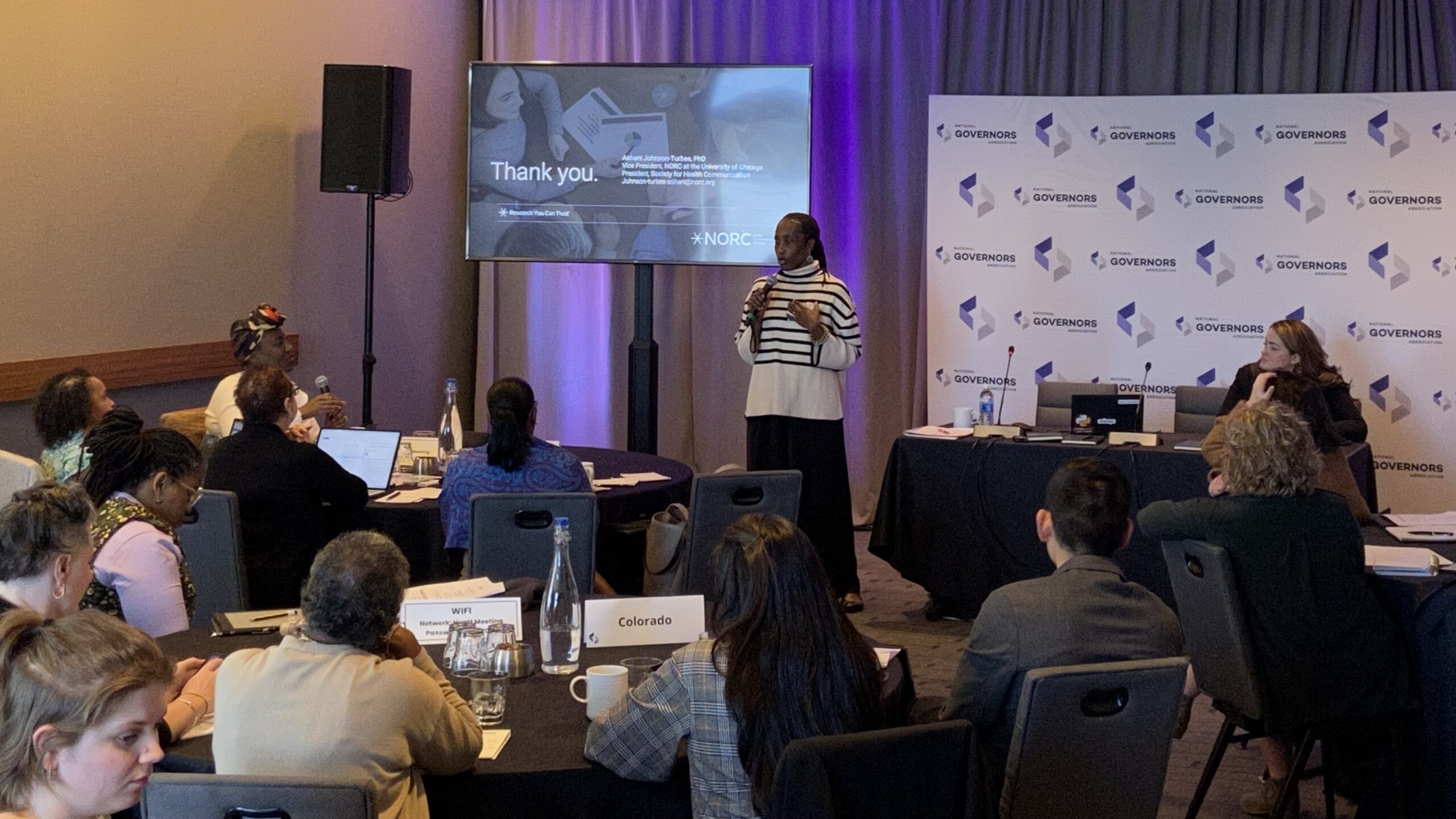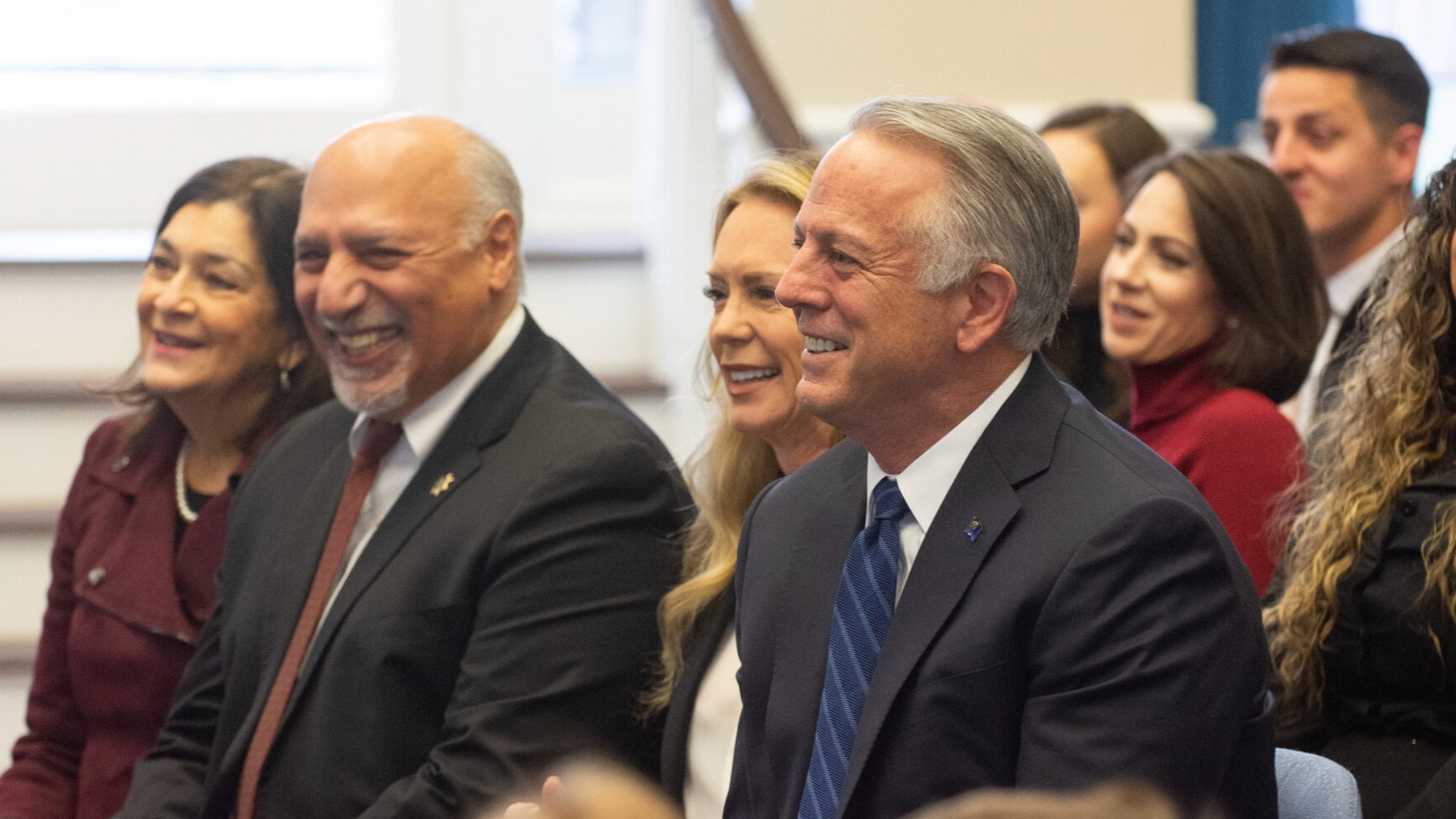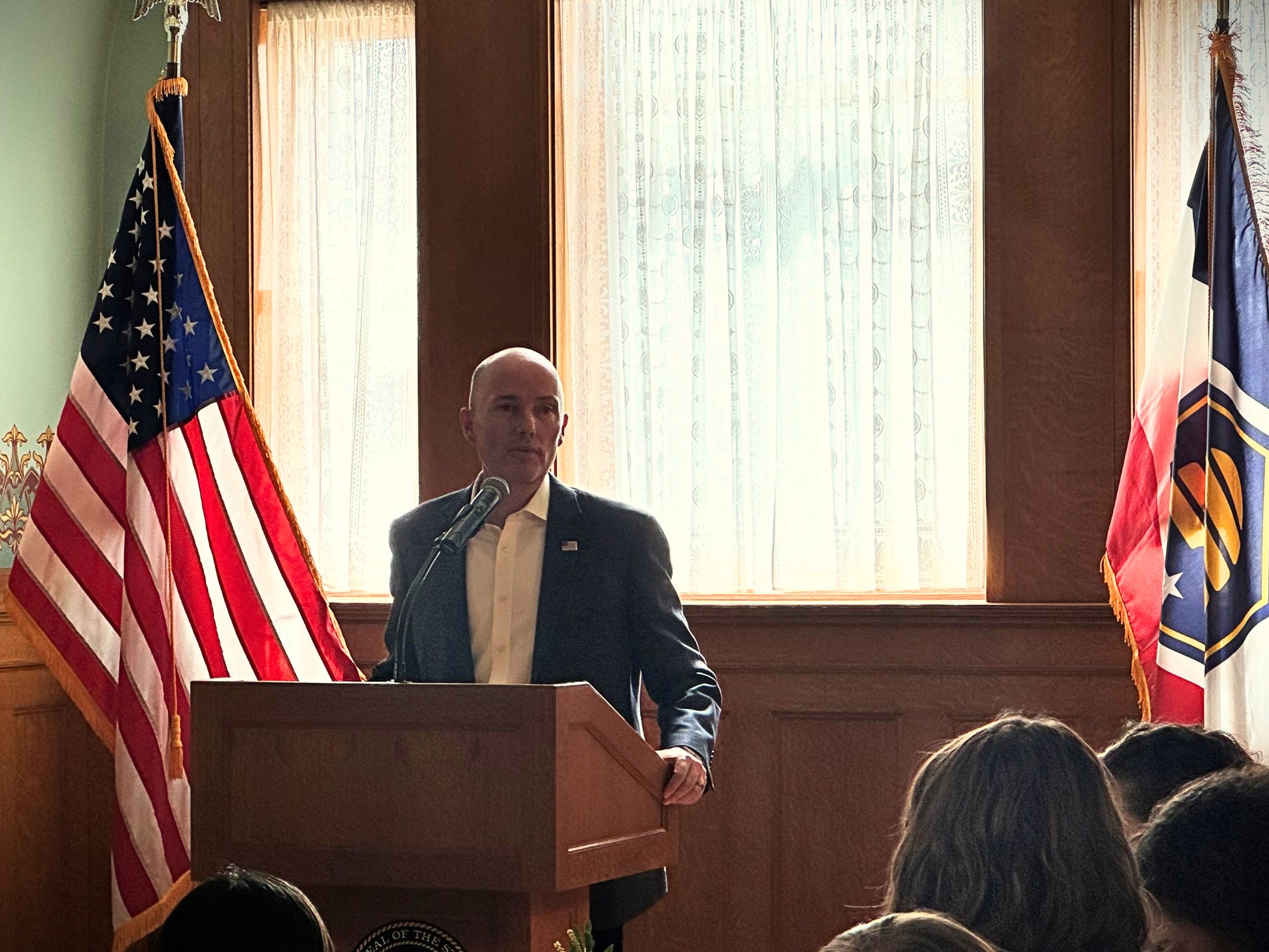The Honorable Harry Reid
Majority Leader
U.S. Senate
Washington, D.C. 20510
The Honorable Mitch McConnell
Minority Leader
U.S. Senate
Washington, D.C. 20510
The Honorable John Boehner
Speaker of the House
U.S. House of Representatives
Washington, D.C. 20515
The Honorable Nancy Pelosi
Minority Leader
U.S. House of Representatives
Washington, D.C. 20515
Dear Majority Leader Reid, Senator McConnell, Speaker Boehner, and Representative Pelosi:
The nation’s governors urge you to work together to avoid the March 1 sequester by implementing thoughtful solutions to both reduce the deficit and promote economic growth. Indiscriminate cuts to federal programs create uncertainties that undermine state and local budgets, discourage private sector investment and slow our economy just as it is beginning to recover.
Over the past five years governors have made difficult decisions to balance their budgets during a time of decreasing revenues and increasing demand for services. But in contrast to the arbitrary cuts the sequester requires, governors changed the way our states do business and began the process of redesigning our state governments. That process required us to eliminate redundant operations, consolidate programs, cut red tape, and reduce state workforces. Our decisions were not easy, but they were made and aligned with the priorities in our states and the need to maintain core services for our citizens.
These decisions were also made with a keen eye toward fostering economic growth. As you move forward, governors call on Congress and the Administration to set funding priorities and establish a long-term path that creates certainty for states to plan and businesses to invest.
We appreciated the opportunity in December to meet with some of you to discuss principles governors have agreed on as it relates to federal budget discussions. These principles are:
- Federal reforms should be designed to produce savings for both the federal government and states;
- Deficit reduction should not be accomplished by shifting costs to states or imposing unfunded mandates;
- States should be given increased flexibility to create efficiencies and achieve results; and
- Congress should not impose maintenance of effort provisions on states as a condition of funding.
Sequestration is a blunt instrument for a complex but solvable problem. It was not designed to be implemented, but rather was intended to promote decisions that put our nation on a path towards fiscal sustainability in an economically sound and programmatically responsible manner. The sequestration cuts do not accomplish this goal and should be replaced. We stand ready to work with you to put the nation back on a firm financial footing.
Sincerely,
Governor Jack Markell
Governor Mary Fallin

